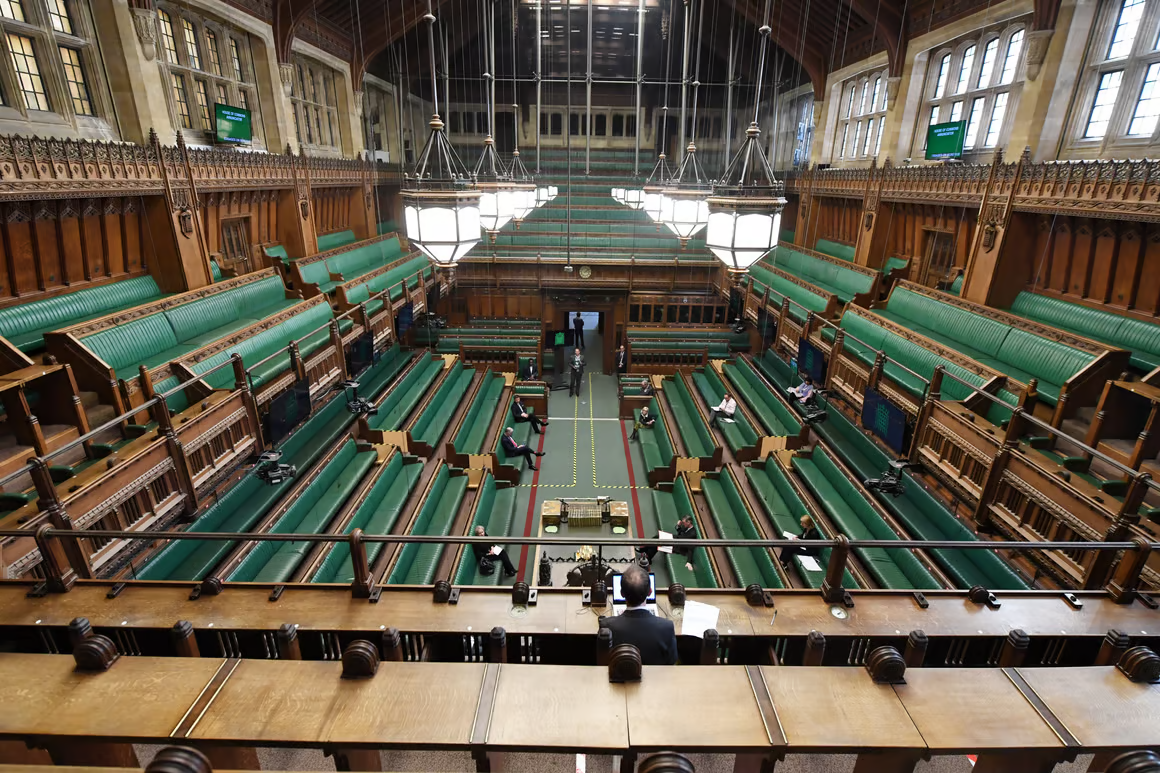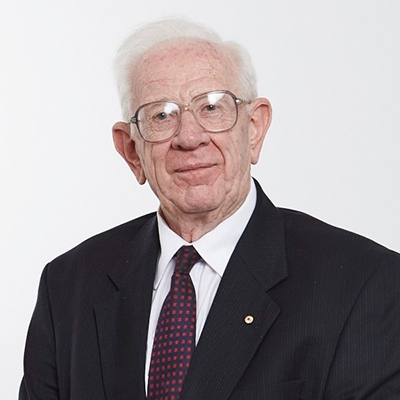

Now that we have a date for the British general election the time has come for me to make my predictions. However, I have already done that in two Switzer Daily articles over the past year. They were on 18 September last year titled “Could British and Scottish PMs learn from Anthony Albanese?” https://switzer.com.au/the-experts/malcolm-mackerras/could-british-scottish-pms-learn-from-anthony-albanese/ and on 4 November also last year “Come October 2024 Sir Keir Starmer will be the British Prime Minister” https://switzer.com.au/the-experts/malcolm-mackerras/come-october-2024-sir-keir-starmer-will-be-the-british-prime-minister/ I repeat. It has been clear for the last two years that Sir Keir Starmer will be the British Prime Minister leading a majority Labour government, his Labour Party having made big gains from the Conservatives supplemented by good gains from the Scottish National Party.
I now make these supplementary predictions. The three big party English leaders, Rishi Sunak, Sir Keir Starmer and Sir Ed Davey of the Liberal Democrats will all hold their seats, but former leaders Liz Truss (Conservative) and Jeremy Corbyn (formerly Labour but now seeking re-election as an independent) will be defeated, finding that Labour has won their seats. Labour will also win the seat formerly held by Boris Johnson. As I explained in my “Switzer Daily” article last year the Conservative party was very lucky to win that by-election. See my article posted on 1 August 2023 “Conservatives retain banished Boris Johnson’s old Commons seat.” I now make these supplementary predictions. I now make these supplementary predictions. https://switzer.com.au/the-experts/malcolm-mackerras/conservatives-retain-banished-boris-johnsons-old-commons-seat/ For one further prediction see below.
Meanwhile, there is another aspect of this election that interests me. I am struck by how big the House of Commons is – given the size of the country. There are 650 members, a number that should be reduced.
The British electoral register has not yet been published but my estimate is that there will be 48,760,000 electors compared with 46,017,235 in May 2010, 46,425,476 in May 2015, 46,826,481 in June 2017 and 47,563,988 in December 2019. In my sentence above I have given the dates for the last four general elections with the first three having been held on traditional dates in the middle of the year when the days are long, and the nights are short. For purely political reasons, Boris Johnson chose a winter election on an unprecedented December day. Fortunately, Rishi Sunak has chosen to revert to a date likely to be popular with the public – but such an excellent choice will not rescue his doomed campaign.
With a total of 650 members of the House of Commons the average number of electors per British MP has been 70,796 in 2010, 71,424 in 2015, 72,041 in 2017 and 73,175 in 2019. On my calculations it will be 75,015 at this election. Compare that with the Australian House of Representatives. On the most recent count late in April there were 17,817,771 electors, an average of 118,785 electors per member.
There has been a redistribution of seats for the House of Commons based on the principle of “one vote, one value”. This will result in there being 543 seats for England (up 10), 57 for Scotland (down two), 32 for Wales (down eight) and 18 in Northern Ireland (no change). The electoral system remains as always, voluntary voting and single-member constituencies with first-past-the-post voting and counting of votes. This system works very well for these parties: Conservative, Labour, Scottish Nationalists, Sinn Fein and the Democratic Unionist Party of Northern Ireland and the Welsh nationalist party Plaid Cymru.
Though most unlikely to be changed this system is highly controversial because it punishes any party that has widespread support but no local or regional concentration of its vote. The three parties so disadvantaged are those of Brexit, the Liberal Democrats and the Green Party. This latter party has a significant number of members in the national parliaments of Australia and New Zealand but only one of the 650 members in the House of Commons. Meanwhile, the Brexit party has changed its name to Reform UK. It will win no seats for its ten per cent of the vote, the consequence of the even spread of that vote.
One thing the United Kingdom has in common with Australia is the existence of advantaged electorates. In the United Kingdom, they are the island constituencies of Na h-Eileanan an lar (Western Isles of Scotland), Orkney and Shetland (islands in the far north of Scotland), and Ynys Mon (an island off the Welsh coast that used to be called Anglesea). I don’t have their current numbers, but I know their populations are not growing and their boundaries are unchanged. In December 2019, their elector numbers were 21,106 for Western Isles, 34,211 for Orkney and Shetland and 51,925 for Ynys Mon.
The Australian equivalents are Clark in Tasmania (Hobart), Solomon in the Northern Territory (Darwin) and Lingiari covering the whole outback of the Northern Territory. Their current numbers are 74,507 for Clark, 73,112 for Solomon and 79,643 for Lingiari. With numbers like that Clark and Solomon could very easily be average British constituencies. The area of Lingiari is greater than that of the entire United Kingdom. And remember that each of the 151 members of the Australian House of Representatives represents an average of 119,000 electors in his/her electoral division.
Suppose that a future British parliament were to decide that its size should be reduced. It decides: each MP should represent the same number of electors as each Australian federal MP. Were that to prevail the House of Commons would be reduced from 650 members to a mere 400.